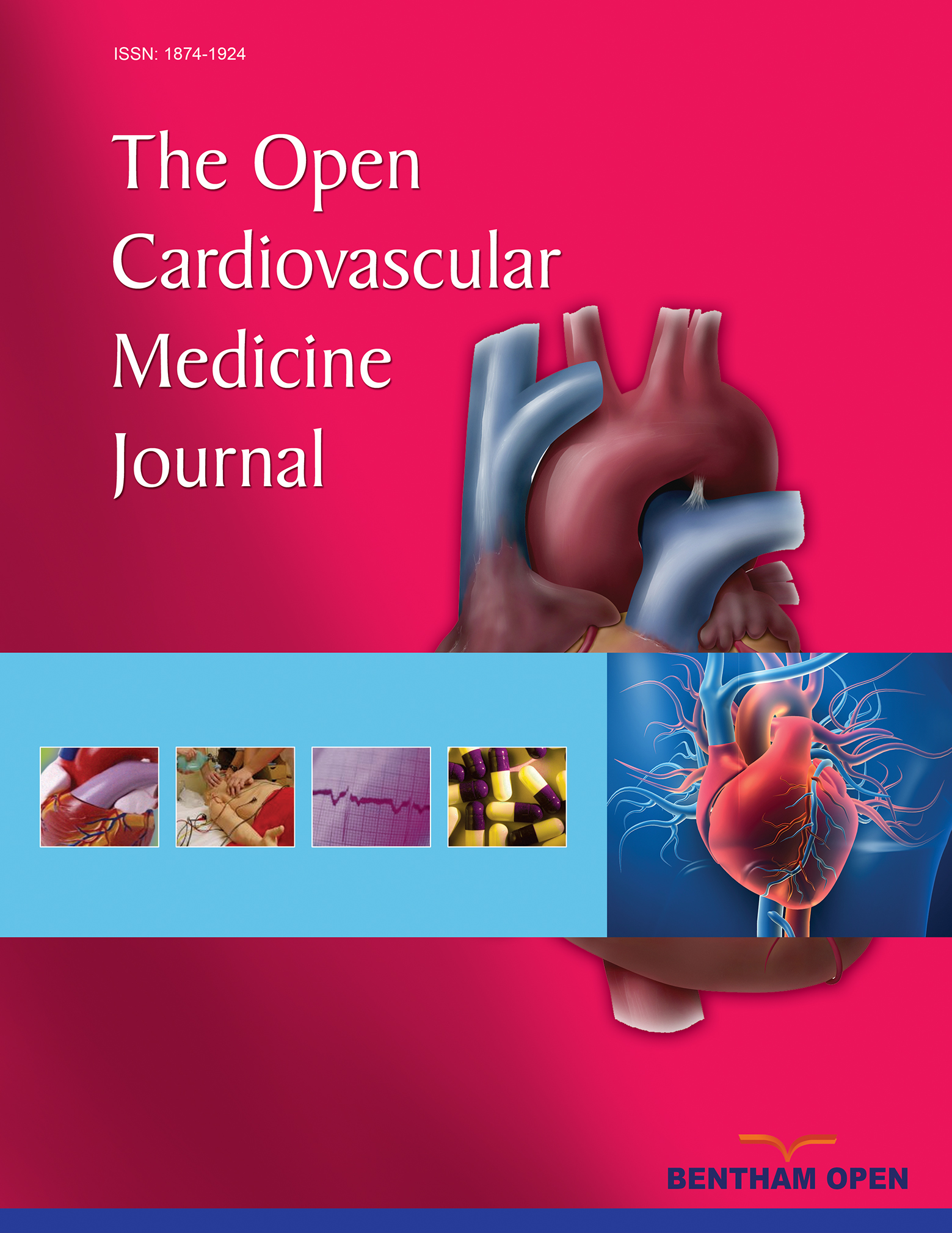All published articles of this journal are available on ScienceDirect.
Evaluation of Aortic Stiffness (Aortic Pulse–Wave Velocity) Before and After Elective Abdominal Aortic Aneurysm Repair Procedures: A Pilot Study#
Abstract
Background:
The main clinical criterion for abdominal aortic aneurysm (AAA) repair operations is an AAA diameter ≥5.5 cm. When AAAs increase in size, specific changes occur in the mechanical properties of the aortic wall. Pulse-wave velocity (PWV) has been used as an indicator of vascular stiffness. A low PWV may predict AAA rupture risk and is an early predictor of cardiovascular mortality.
Methods:
We investigated the prognostic value of PWV before and after elective AAA repair procedures. Twenty four patients scheduled for an open AAA repair underwent a preoperative carotid-femoral aortic PWV measurement. A second aortic PWV measurement was carried out 6 months postoperatively.
Results:
The mean aortic PWV increased from 7.84 ± 1.85 preoperatively to 10.08 ± 1.57 m/sec 6 months postoperatively (mean change: 2.25; 95% confidence interval 1.4 to 3.1 m/sec; p<0.0001). The preprocedural PWV measurement did not correlate with AAA diameter (Spearman’s rank correlation coefficient ρ=0.12; p=0.59).
Conclusions:
Whether the increase in aortic PWV postoperatively suggests a decreased cardiovascular risk following AAA repair remains to be established. Aortic PWV should also be investigated as an adjunct tool for assessing AAA rupture risk.


